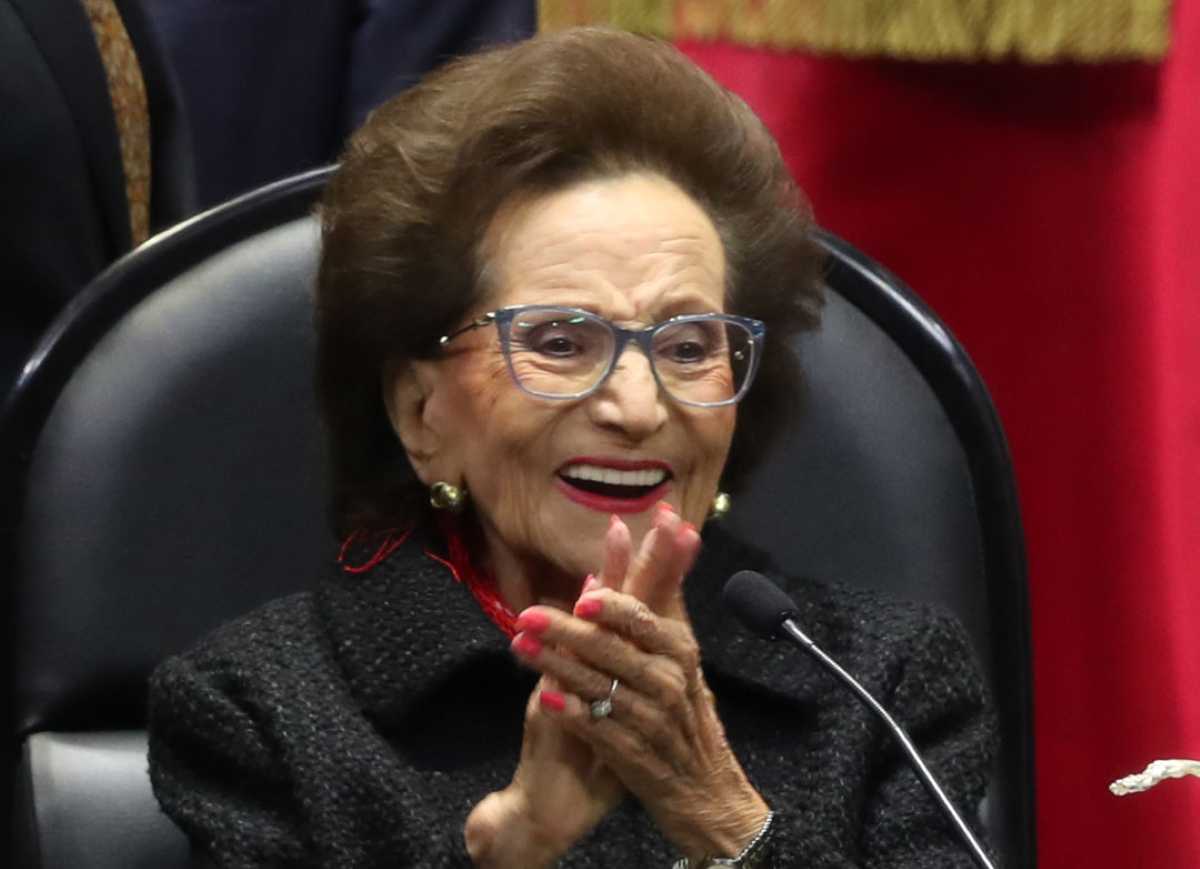How Ifigenia Martínez Witnessed Her Life's Work Come Full Circle
Ifigenia Martínez (d. Oct 5, 2024), a pioneering Mexican economist and politician, left an enduring legacy spanning academia, politics, and public service. Her final act was presenting the Presidential Sash to Mexico's first female president.

In the early days of October, the halls of Mexico’s Chamber of Deputies were awash in a somber, reverent silence. The distinguished figure of Ifigenia Martha Martínez y Hernández, a woman who spent her lifetime challenging inequality and fighting for democracy, had passed. Her death, on October 5, marked the end of an era for Mexico’s political left and cast a spotlight on a lifetime of pioneering efforts that helped shape the fabric of Mexico’s political, academic, and civil institutions.
Few in the country have embodied the ideals of justice, equality, and tireless reform as fully as Martínez. Her prolific career bridged the worlds of politics, academia, and diplomacy, leaving behind a powerful legacy of change that many would not have imagined possible decades ago. Her final act—presenting the Presidential Sash to Mexico’s first female president, Claudia Sheinbaum, just four days before her death—was a poignant culmination of her life’s work. It was a moment that Martínez, who had long advocated for equality and representation, witnessed with what those closest to her described as a profound sense of accomplishment.




